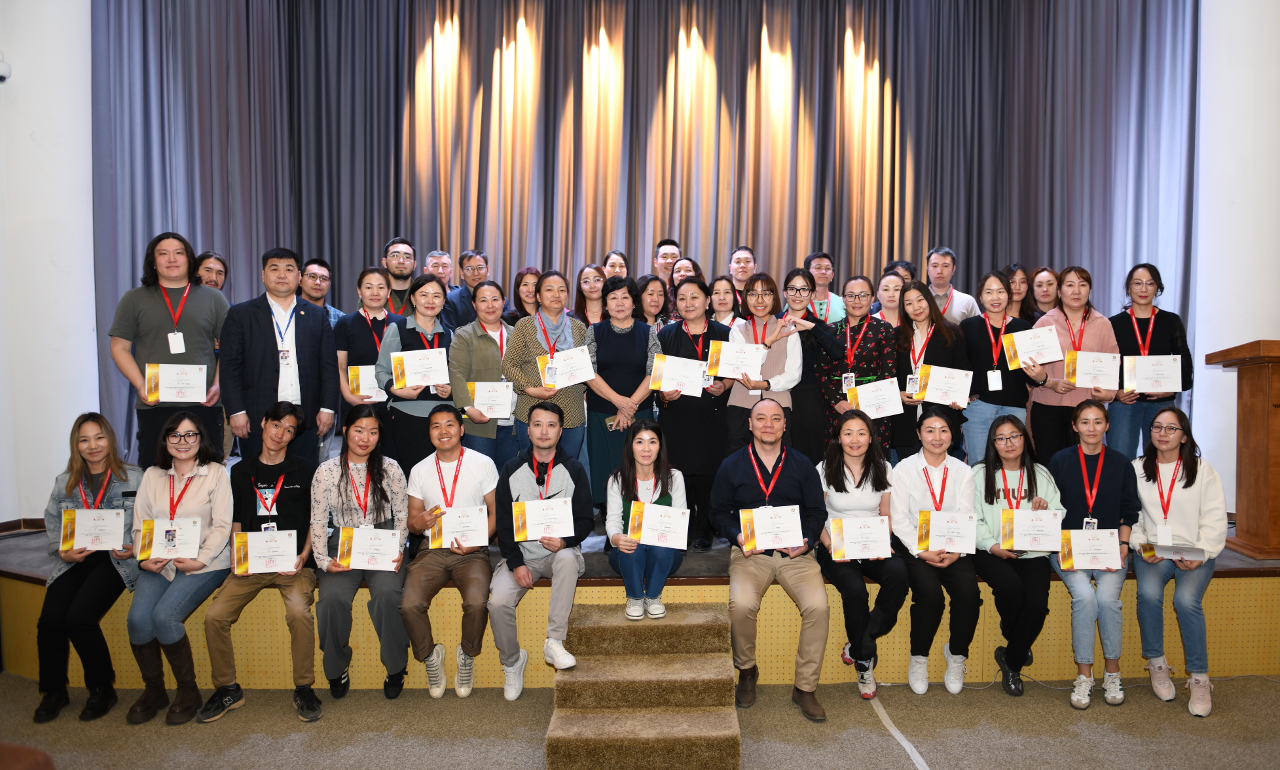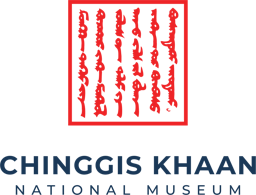
Issuing Interpretive Certification to the Chinggis Khaan National Museum
THE TRAINING COURSE "GRANTING INTERPRETATION AUTHORITIES TO THE CHINGGIS KHAN NATIONAL MUSEUM " WAS SUCCESSFUL FOR THE FIFTH TIME
"Issuing Interpretive Certification to the Chinggis Khaan National Museum"
In conjunction with the start of tourism season in Mongolia, the Chinggis Khaan National Museum and the Ulaanbaatar Tourism Department have successfully organized the fifth training course on April 15th and 16th, 2024, "Giving interpretation rights to the Chinggis Khaan National Museum".
Purpose of the course is to train guides and docents working in the field of tourism in interpretation methods based on history and cultural heritage, to explain museum exhibits and artifacts in a scientific way, to understand a basic idea of the exhibits and performances, in a language suitable for age group of the public, and to serve the museum in order to introduce a culture.
For the guides and docents in the field of tourism, Director of the Chinggis Khaan National Museum, Academician S. Chuluun, Associate Professor L. Erdenebold (Ph.D), Associate Professor G. Eregzen (Ph.D), Professor S. Tsolmon (Ph.D) scientists gave lectures and taught lessons by using a tool of ORPHEO brand which is an interpretive device newly domesticating at the Chinggis Khaan National Museum, based on real artifacts and sources that were used by the Khans and nobles of the Ancient Mongolian states from the Hun Empire to the beginning of the 20th century.
In addition, B. Munkhbat, a guide-interpreter trainer, and "Interpretation methods in the museum" and O.Enkhtsolmon, a docent of Chinggis Khaan National Museum, gave training on topics such as "Interpretation in Chinggis Khaan National Museum".
54 guides from 18 organizations operating in the field of tourism, including guides from the Inner Mongolia, participated in the training, and they received the official license and training certificate to interpret at the Chinggis Khaan National Museum throughout 2024.
In this course, a special discussion was organized, and the tour guides shared common questions from tourists, exchanged experiences, asked questions from the lecturer scientists on the topics of their interest, and had an open discussion.
